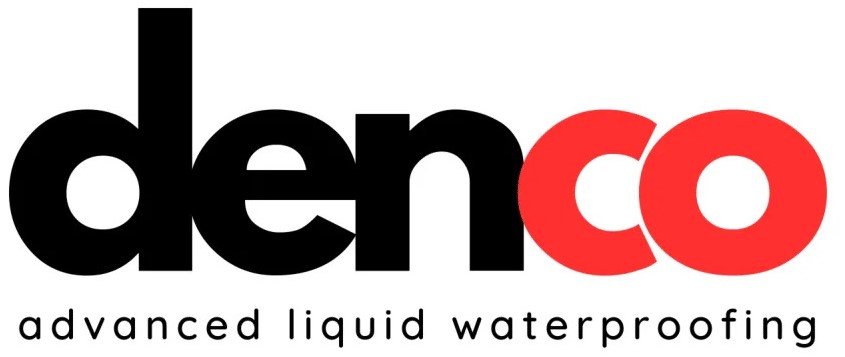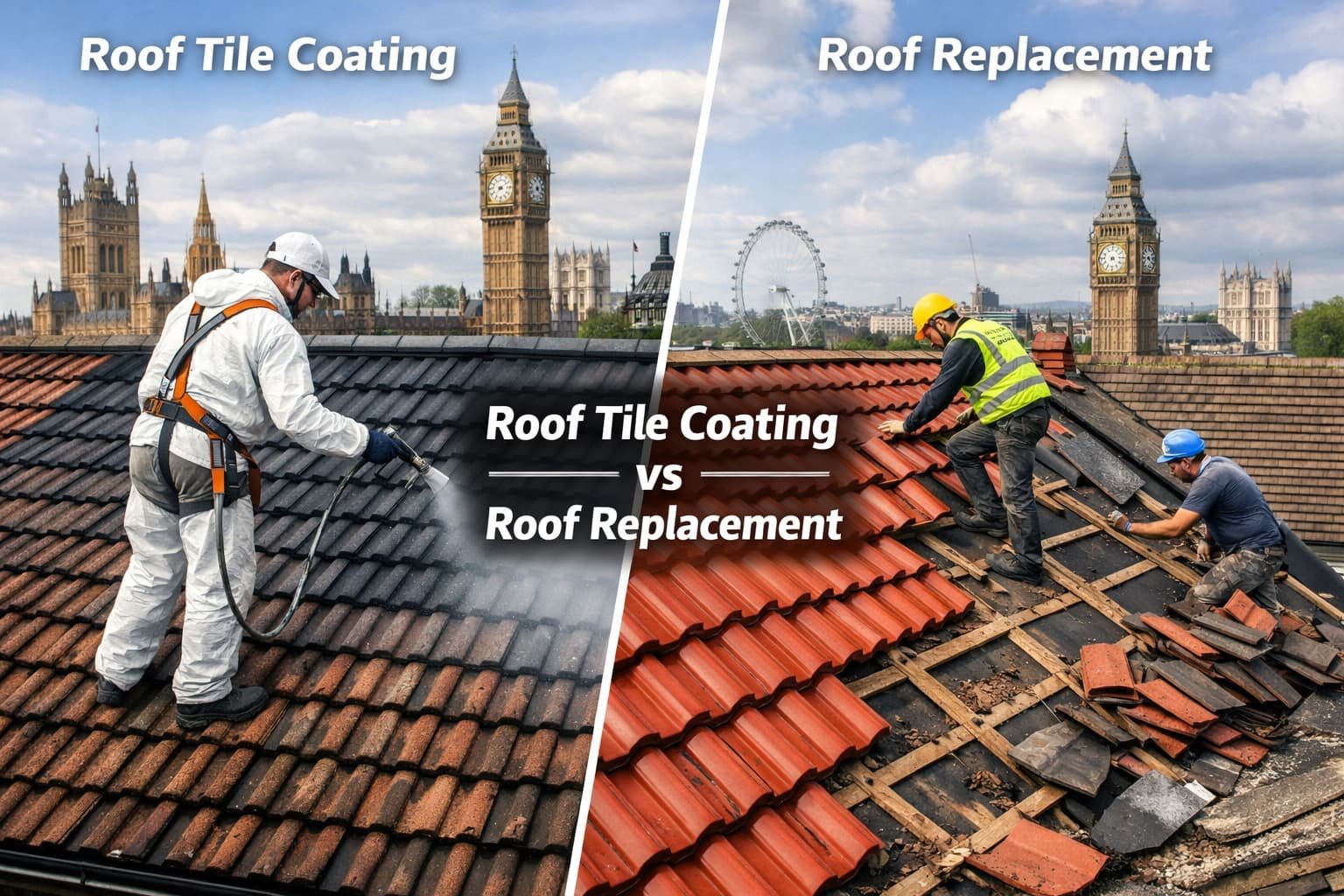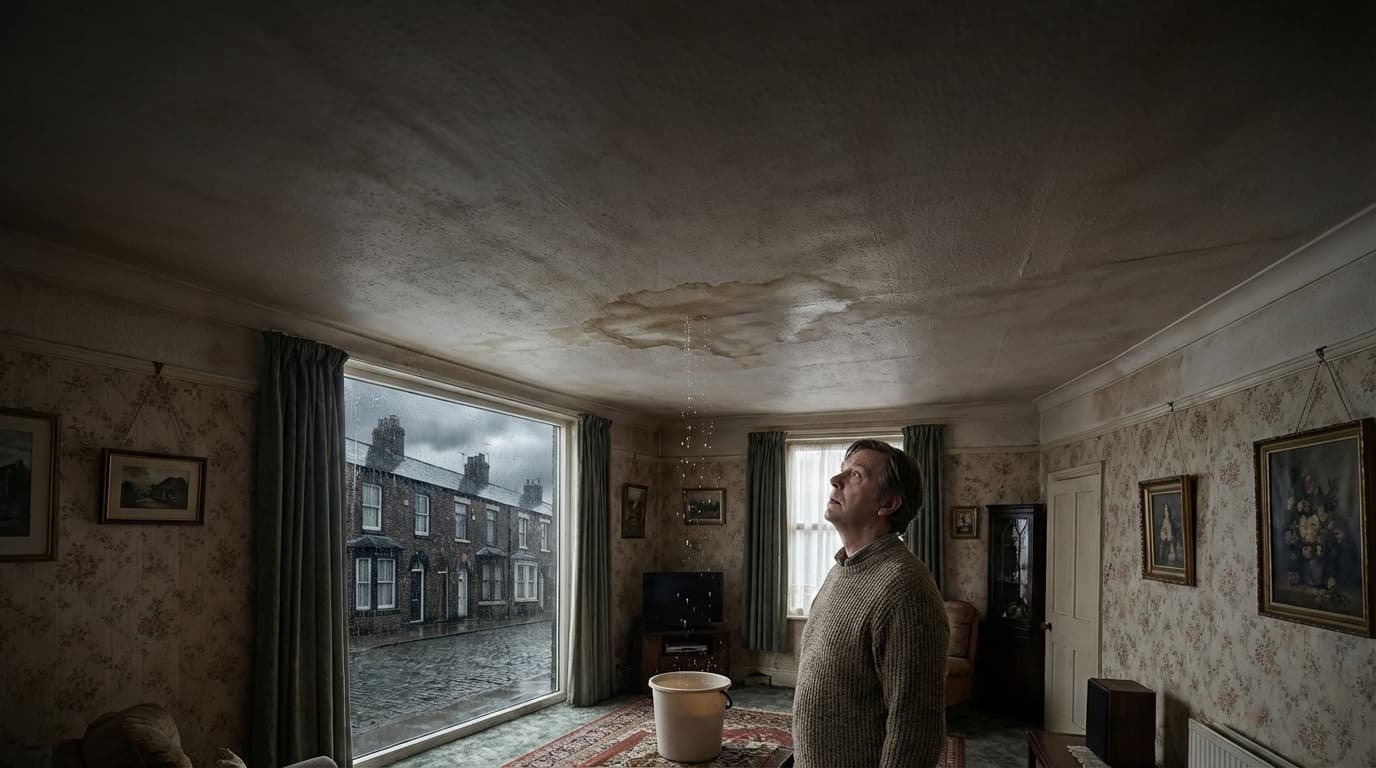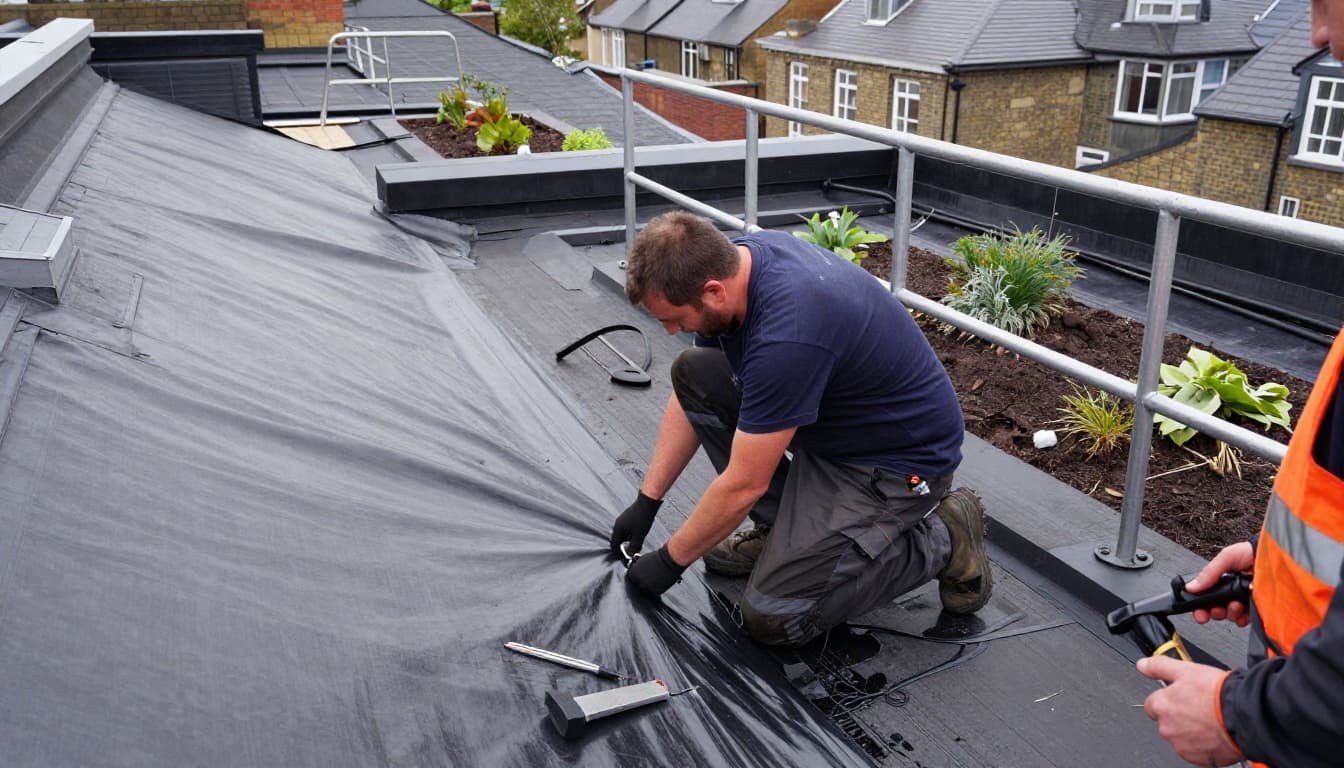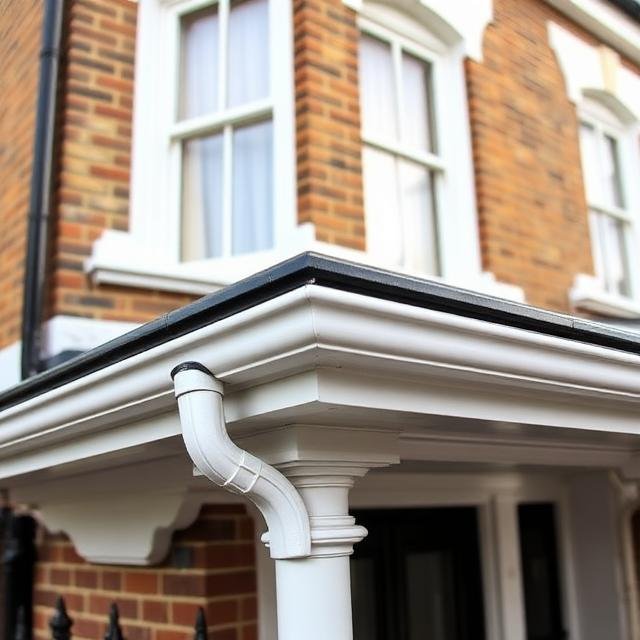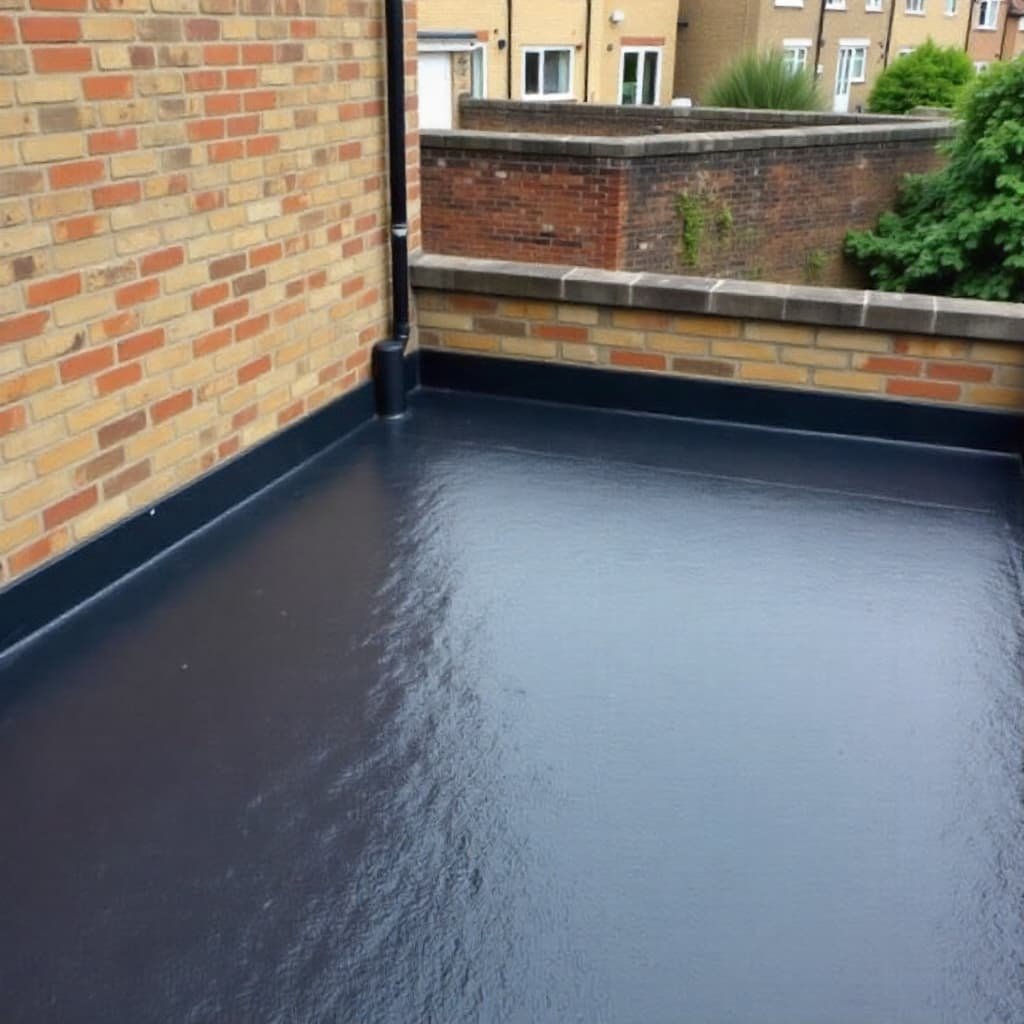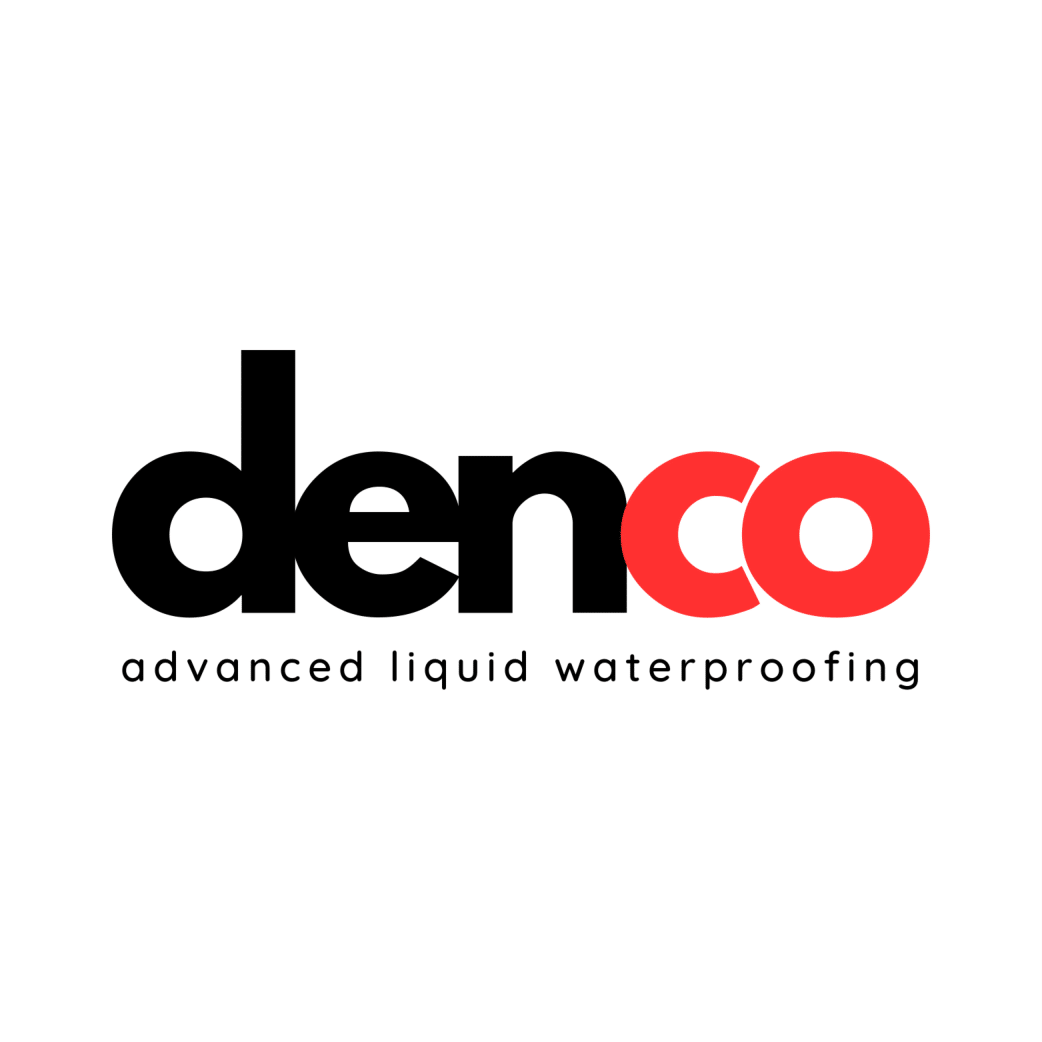FAQ
Frequently Ask Questions
Liquid waterproofing is a type of waterproofing material. You can apply it onto surfaces in liquid form. It creates a barrier against water. This waterproofing is common on roofs, balconies, and basements. They are areas prone to water damage. Liquid waterproofing materials consist of a polymer solution. When applied, it forms a seamless and flexible membrane.
Liquid membrane waterproofing offers several benefits for protecting surfaces from water damage. One key advantage is its versatility. You can use it on many surfaces such as roofs, balconies, and foundations. This makes it a popular choice for both residential and commercial buildings. Also, liquid membrane waterproofing provides a seamless barrier. It stops water penetration, reducing the risk of leaks and moisture issues.
The time liquid waterproofing lasts can vary. It depends on factors like product quality, how it's applied, and the environment. Good waterproofing products last 5 to 10 years when applied and kept well. Regular inspections and maintenance can help extend the lifespan of liquid waterproofing.
Waterproofing is very effective. It protects surfaces from water damage. But, it may not be a permanent fix. Waterproofing treatments can protect for a long time. But, wear and tear, and weather can all affect their durability. So can the quality of the initial application. You may need to do regular maintenance. This includes reapplying waterproofing products. It's needed to keep them working.
The thickness of liquid applied waterproofing can vary. The determination of it depends on the specific product and its application. Typically, liquid waterproofing can be 20 to 60 mils (0.02 to 0.06 inches) thick when fully dry. Some products may need many coats. You need them to achieve the thickness for waterproofing.
The latest waterproofing technology uses new materials. These include nanocoatings and hydrophobic membranes. Nanocoatings are ultra-thin. You can apply them to surfaces to repel water. The coatings create a barrier. It repels water and stops it from seeping through. Advanced materials include hydrophobic membranes. They let vapor pass but block liquid water. They are ideal for applications where breathability is important.
Many people use liquid waterproofing to waterproof surfaces. These include roofs, decks, and foundations. It has many benefits. These include easy application and the ability to conform to different shapes. Also, it can make a seamless barrier against water. The liquid form allows for easy application. You can use a brush, roller, or spray gun. This makes it ideal for both DIY and professional use.
Need help?
Don't hesitate to contact us
Send us a message
Don't worry anymore. Get in touch with our reliable liquid waterproofing experts.
Don’t worry anymore. Get in touch with our reliable liquid waterproofing experts.
